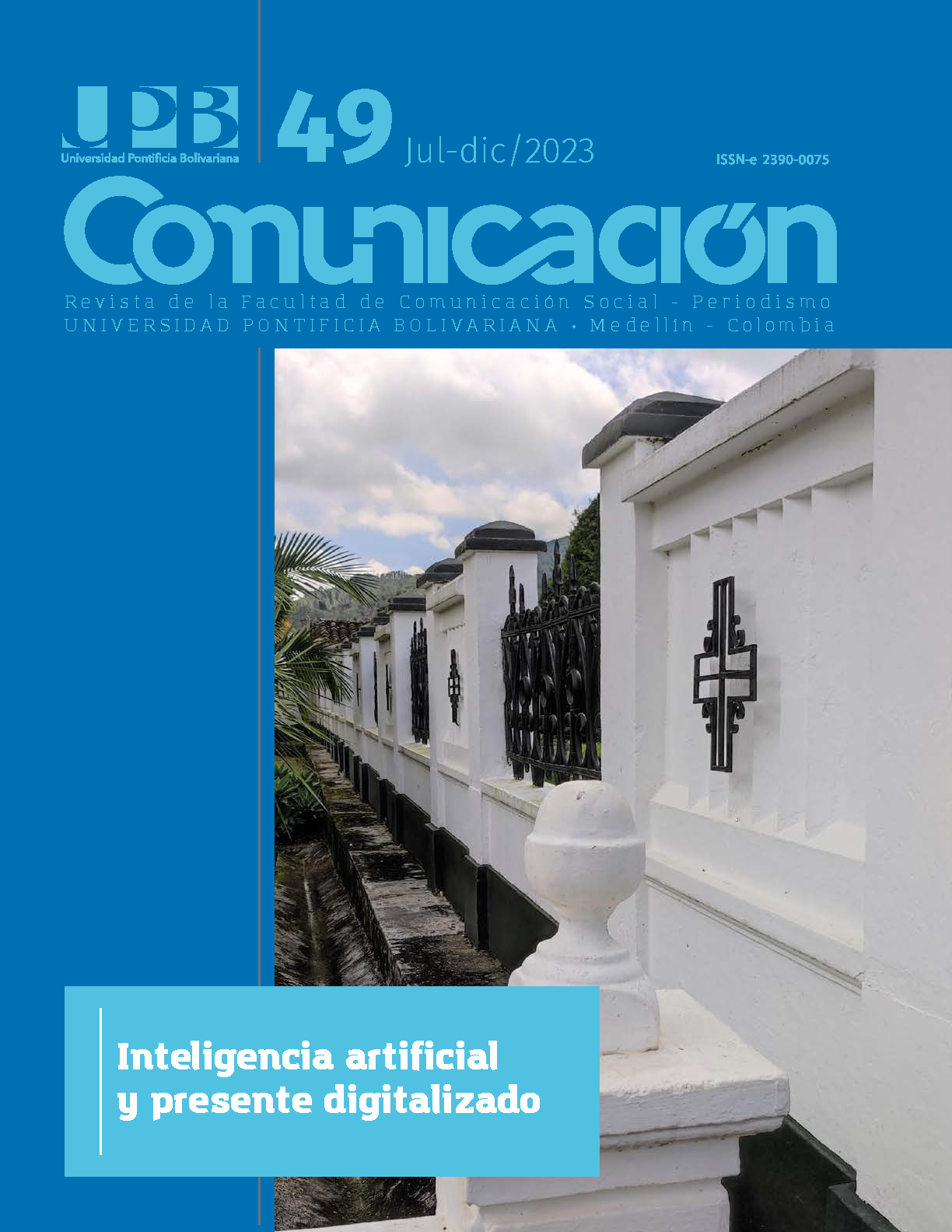Modes of subjectivation from the deceleration of the digitized present: a review of Hartmut Rosa's theory
Main Article Content
Abstract
This article identifies certain modes of subjectivation typical of digital communication, from a profile resulting from in-depth interviews and the application of virtual ethnography techniques and theoretical contrast, it was possible to characterize five central aspects of the way in which the slowdown is expressed in digital communication. This shows that deceleration, a theoretical framework proposed by Hartmut Rosa (2016), can unfold in the digital world as a space/time for the existence of the 21st century subject. The slowdown is manifested in processes of intentional or unintentional disconnection with psychological, biological and sociocultural impacts that are explained in detail and that allow us to affirm that digital communication, beyond being a matter of technological impact, is a generator of meaning, of mediation. and of individuation for the human being.
References
Canal Vodafone. (13 de octubre de 2016) Nicholas Carr: “La tecnología puede desafiarnos y mejorarnos o volvernos criaturas pasivas" [Video]. YouTube. https://www.youtube.com/watch?v=MAh5UGK8iSA
Carr, N. (2020). Superficiales. Taurus. Instituto Interamericano de Cooperación para la Agricultura (IICA). (2020). Conectividad rural en América Latina y el Caribe. https://bit.ly/3CogDxj
Orlowski, J. (2020). El dilema de las redes sociales. [Documental]. Netflix.
Rodríguez, P. (2020). Las palabras en las cosas. Saber, poder y subjetivación entre algoritmos y biomoléculas. Cactus.
Rosa, H. (2011). Aceleración social: consecuencias éticas y políticas de una sociedad de alta velocidad desincronizada. Persona y Sociedad, 25(1), pp. 9-49. https://doi.org/10.53689/pys.v25i1.204
Rosa, H. (2016). Alineación y aceleración: Hacia una Teoría Crítica de la Temporalidad en la Modernidad. Katz Editores.
Rosa, H. (2019) La “resonancia” como concepto fundamental de una sociología de la relación con el mundo. Diferencia(s). Revista de teoría social contemporánea, 7, pp. 71-81. http://www.revista.diferencias.com.ar/index.php/diferencias/article/view/165/94
Simondon, G. (2016). Comunicación e información. Cactus. Telemundo. (16 de abril de 2021). Nueva York se convierte en el primer estado de EEUU en brindar internet asequible a familias de bajos recursos. https://bit.ly/35RguXo
Velasco, M. (2022). “No es una distopía”: qué implicaciones tiene la ciberguerra y por qué debería preocuparnos. Huffingtonpost. https://bit.ly/3IhO6uu
Virilio, P. (2011). Cuidad Pánico. Capital intelectual.






